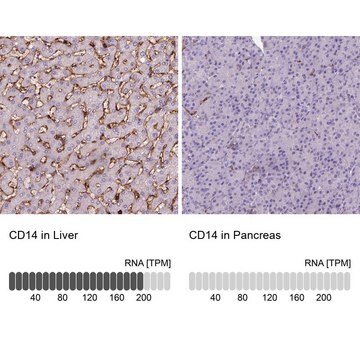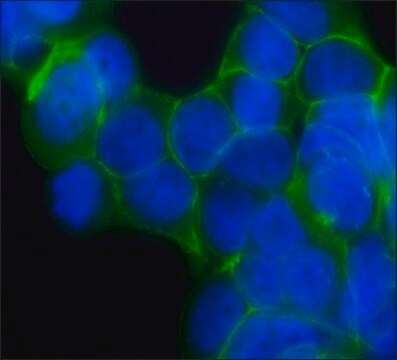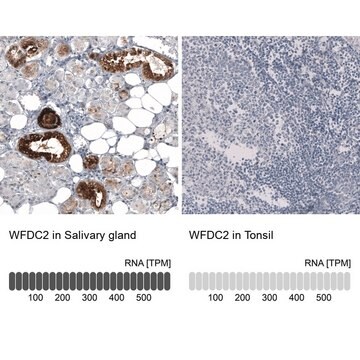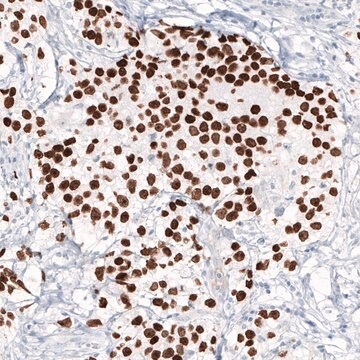推荐产品
生物源
rabbit
共軛
unconjugated
抗體表格
culture supernatant
抗體產品種類
primary antibodies
無性繁殖
EP225, monoclonal
描述
For In Vitro Diagnostic Use in Select Regions
形狀
buffered aqueous solution
物種活性
human
包裝
vial of 0.1 mL concentrate (443R-14)
vial of 0.1 mL concentrate Research Use Only (443R-14-RUO)
vial of 0.5 mL concentrate (443R-15)
vial of 1.0 mL concentrate (443R-16)
vial of 1.0 mL concentrate Research Use Only (443R-16-RUO)
vial of 1.0 mL pre-dilute Research Use Only (443R-17-RUO)
vial of 1.0 mL pre-dilute ready-to-use (443R-17)
vial of 7.0 mL pre-dilute ready-to-use (443R-18)
vial of 7.0 mL pre-dilute ready-to-use Research Use Only (443R-18-RUO)
製造商/商標名
Cell Marque™
技術
immunohistochemistry (formalin-fixed, paraffin-embedded sections): 1:50-1:200 (concentrated)
同型
IgG
控制
seminoma
運輸包裝
wet ice
儲存溫度
2-8°C
視覺化
nuclear
基因資訊
human ... NANOG(79923)
一般說明
品質
 IVD |  IVD |  IVD |  RUO |
外觀
準備報告
Note: This requires a keycode which can be found on your packaging or product label.
Download the latest released IFU
Note: This IFU may not apply to your specific product lot.
其他說明
法律資訊
未找到合适的产品?
试试我们的产品选型工具.
儲存類別代碼
12 - Non Combustible Liquids
水污染物質分類(WGK)
WGK 2
閃點(°F)
Not applicable
閃點(°C)
Not applicable
我们的科学家团队拥有各种研究领域经验,包括生命科学、材料科学、化学合成、色谱、分析及许多其他领域.
联系技术服务部门








